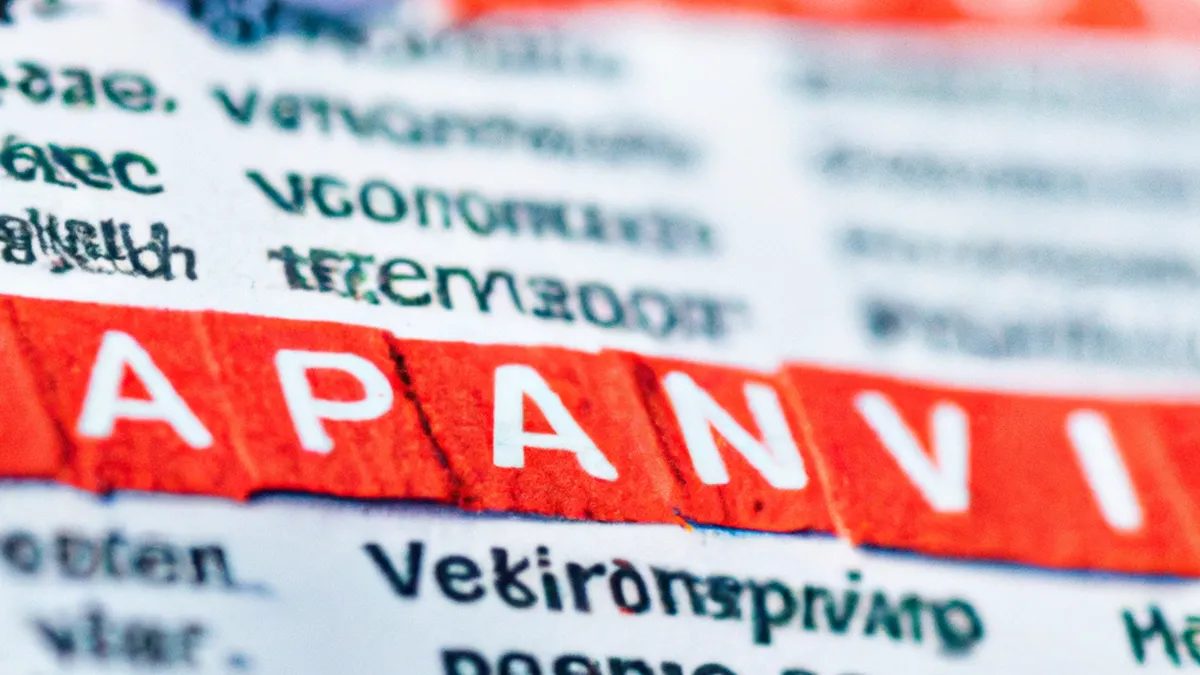Nourish Your Heart: Essential Vitamins Explained
Nutrition for Female Cardiac AthletesFemale cardiac athletes encounter specific challenges in training and nutrition. Proper nutrition fuels workouts, aids recovery, and promotes heart health. This blog explores nutritional strategies for female athletes with cardiac histories, highlighting the importance of a balanced diet, hydration, meal timing, and micronutrients.
Understand Your Nutritional Needs
Heart health significantly impacts athletic performance, especially for those with cardiac issues. Female cardiac athletes should focus on nutrient-dense foods that provide energy and support recovery. A well-rounded diet forms the foundation for sustained athletic performance, enabling effective training and full recovery.
Macronutrients Matter
Your body requires a balance of macronutrients—carbohydrates, proteins, and fats—for optimal performance. Each macronutrient fuels workouts and supports health:- **Carbohydrates**: Carbs offer quick energy for workouts. Choose complex carbohydrates like quinoa, brown rice, whole-grain bread, and oats. These options release energy slowly, providing steady fuel during training. Aim for 45-65% of your daily calories from carbohydrates, adjusting based on workout intensity.- **Proteins**: Proteins aid muscle repair and recovery. Include lean sources like chicken, fish, beans, lentils, and tofu. Athletes should aim for 1.2 to 1.6 grams of protein per kilogram of body weight. This intake maintains muscle mass and supports recovery post-training. Diversify your protein sources for a complete amino acid profile.- **Fats**: Healthy fats are crucial for heart health and overall well-being. Incorporate unsaturated fats like avocados, nuts, seeds, and olive oil. These fats reduce inflammation and provide essential fatty acids for cardiovascular health. Aim for 20-35% of daily calories from healthy fats, prioritizing heart-healthy sources.
Micronutrients for Heart Health
Vitamins and minerals also play vital roles in cardiovascular health. Female cardiac athletes should consume nutrient-rich foods that provide essential vitamins and minerals:- **Antioxidants**: Vitamins A, C, E, and K combat oxidative stress, which intensifies during exercise. Include colorful fruits and vegetables, such as berries, leafy greens, and citrus fruits, to meet antioxidant needs.- **Magnesium and Potassium**: These minerals maintain heart function and muscle contraction. Foods rich in magnesium,
Conclusion
As an Amazon Associate I earn from qualifying purchases.
Gear tip: consider electrolyte mix, soft flask, and massage ball set to support this topic.
In summary, female cardiac athletes should prioritize balanced nutrition to enhance performance and support heart health.
Below are related products based on this post:
FAQ
What are the key nutritional needs for female cardiac athletes?
Female cardiac athletes need to focus on nutrient-dense foods that provide energy, support recovery, and promote heart health. A balanced diet is crucial for sustained athletic performance and effective training recovery.
How should macronutrients be balanced in the diet?
A balance of carbohydrates, proteins, and fats is essential for optimal performance. Carbohydrates should make up 45-65% of daily calories, proteins should be 1.2 to 1.6 grams per kilogram of body weight, and healthy fats should account for 20-35% of daily calories.
What role do micronutrients play in heart health for athletes?
Micronutrients, such as vitamins and minerals, are vital for cardiovascular health and should be included in the diet. Antioxidants and minerals like magnesium and potassium support heart function and aid in recovery during and after exercise.















Post Comment